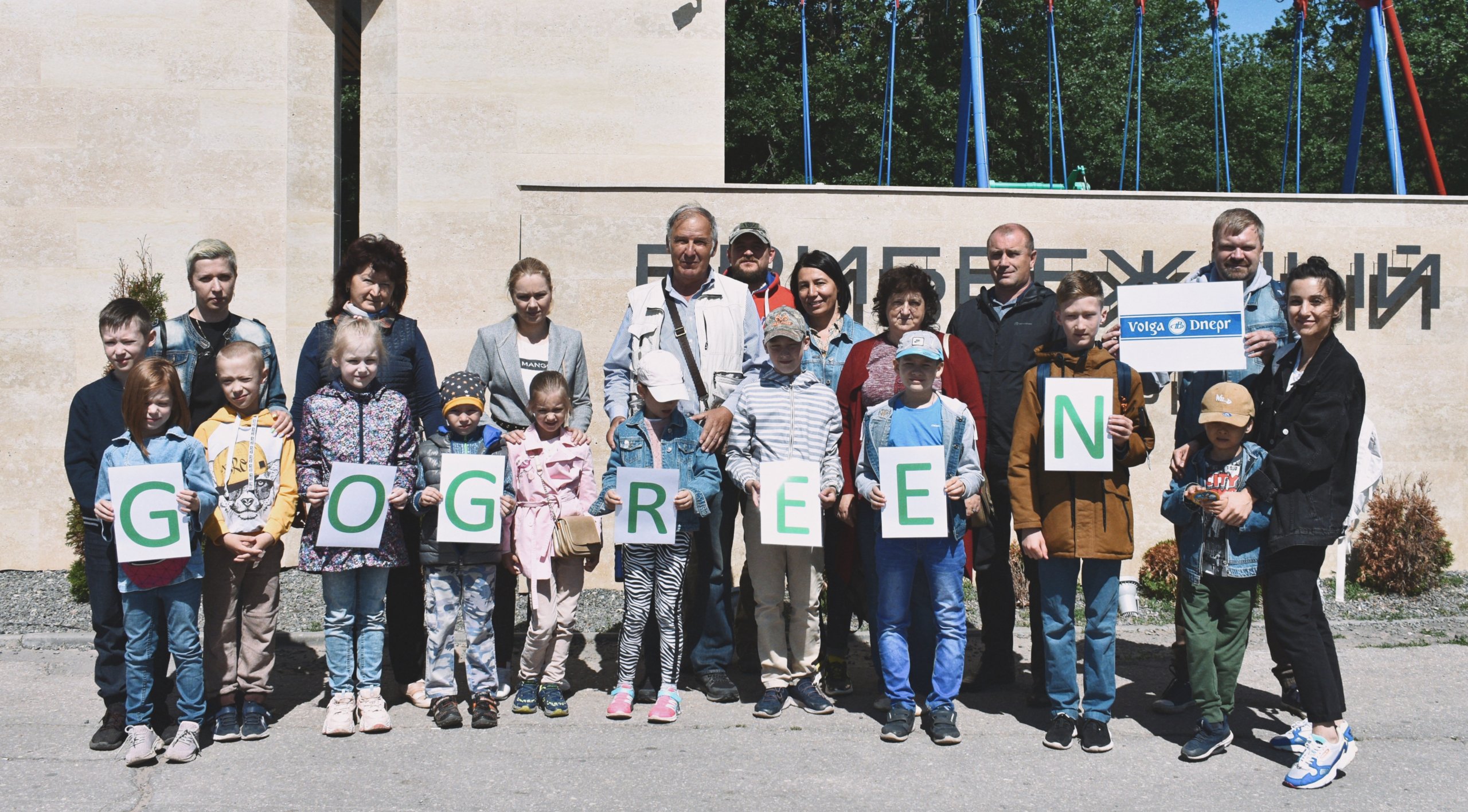Want to learn something? Teach it! (Intermediate+)
Why teaching is such an effective learning tool?
When we learn something, most of us learn it in bits and pieces. Typically, if you read a book, you’ll find the material in that book organized in a sensible way. The same goes for others mediums like video or online courses. But, unfortunately, the material doesn’t go into your head in the same way.
What happens instead is that you absorb information in jumbled bits and pieces. You learn something, but don’t completely “get it” until you learn something else later on. The earlier topic becomes clearer, but the way that data is structured in your mind is not very well organized – regardless of how organized the source of that information was.
You know what you want to say, but how to say it is even more important. Only the process of putting your thoughts on paper will force you to reorganize them; to sort them out and make sense of them.
When you try to teach something to someone else, you have to go through this process in your own mind. You have to take that mess of data, sort it out, repackage it and organize it in a way that someone else can understand. This process forces you to reorganize the way that data is stored in your own head.
Also, as part of this process, you’ll inevitably find gaps in your own understanding of whatever subject you are trying to teach. When we learn something we have a tendency to gloss over many things we think we understand. You might be able to solve a math problem in a mechanical way, and the steps you use to solve the math problem might be sufficient for what you are trying to do, but just knowing how to solve a problem doesn’t mean you understand how to solve a problem. Knowledge is temporary. It is easily lost. Understanding is much more permanent. It is rare that we forget something we understand thoroughly.
When we are trying to explain something to someone else, we are forced to ask ourselves the most important question in learning… in gaining true understanding… “why.” When we have to answer the question “why,” superficial understanding won’t do. We have to know something deeply in order to not just say how, but why.
That means we have to explore a subject deeply ourselves. Sometimes this involves just sitting and thinking about it clearly before you try to explain it to someone else. Sometimes just the act of writing, speaking or drawing something causes you to make connections you didn’t make before, instantly deepening your knowledge. And, sometimes, you have to go back to the drawing board and do more research to fill in those gaps in your own knowledge you just uncovered when you tried to explain it to someone else.
So, you perhaps you agree with all mentioned so far, but you’ve got one problem – you’re not a teacher. Well, there’s good news for you. We are all teachers. As human beings, we do this all the time. Whenever we communicate with someone else and tell them about something we learned or explain how to do something, we are teaching. And, of course, the more you do it the better you get at it. Just follow that very natural need of yours to share your knowledge and expertise with someone who may find it beneficial.
Glossary
| Contradictory | Противоречиво | Inevitably | Неизбежно |
| Extension | Расширение | Find gaps | Найти пробелы |
| Existing expertise | Существующий опыт | Gloss over smth | Старательно обходить |
| Reasonable aptitude | Приемлемые способности | Be sufficient | Быть достаточным |
| In bits and pieces | Порционно | Rare | Редкий |
| Learning tool | Инструмент обучения | Understand thoroughly | Понять досконально |
| Absorb information | Поглощать информацию | Superficial understanding | Поверхностное понимание |
| Jumbled | Вперемешку | Explore deeply | Глубоко исследовать |
| Regardless | безотносительно | Do research | Проводить исследование |
| Sort out | разбирать, понять | Uncover | Раскрывать |
| Mess of data | завалы данных | Find smth beneficial | Найти что-либо полезным |




